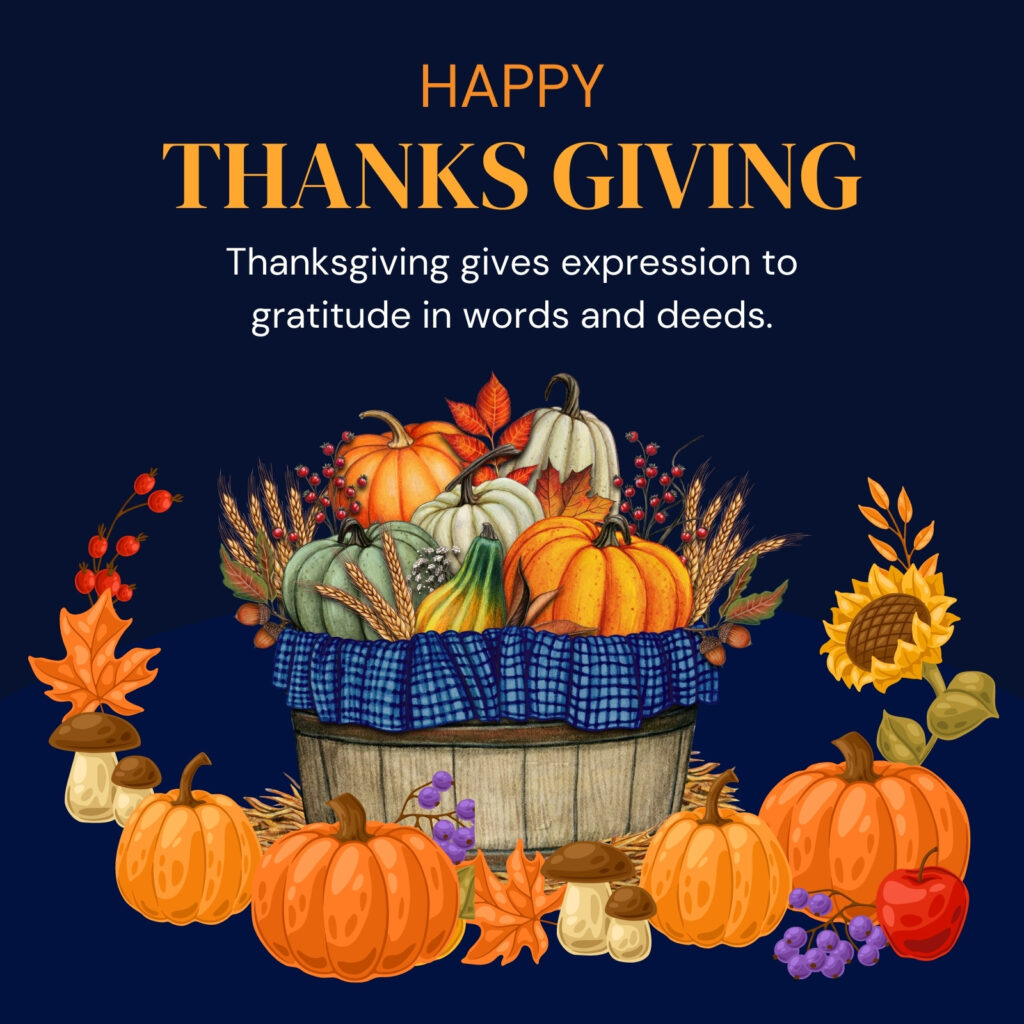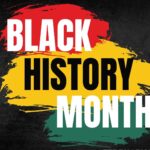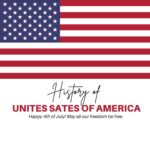Thanksgiving is a national holiday celebrated in various countries, with the most well-known celebrations occurring in the United States and Canada. Here’s a brief history of Thanksgiving:
Early Origins
Thanksgiving has roots in harvest festivals that many cultures have celebrated for centuries. These festivals typically involved feasting and giving thanks for a bountiful harvest.
The First Thanksgiving (1621)
- United States: The most commonly referenced “first Thanksgiving” in the U.S. occurred in 1621. Pilgrims who had settled in Plymouth, Massachusetts, shared a three-day feast with the Wampanoag people to celebrate their successful harvest. This event is considered one of the first Thanksgiving celebrations.
- Canada: The origins of Canadian Thanksgiving can be traced back to English explorer Martin Frobisher’s 1578 expedition. He celebrated to give thanks for the safe passage through the Northwest Passage. Also, harvest celebrations by French settlers in the early 1600s also contributed to the tradition.
Evolution of the Holiday
- United States:
- 18th and 19th Centuries: Various colonies and states celebrated days of Thanksgiving at different times. Sarah Josepha Hale, an editor and writer, campaigned for a national Thanksgiving holiday in the mid-1800s.
- 1863: President Abraham Lincoln proclaimed a national Thanksgiving Day to be celebrated on the last Thursday in November, aiming to unify the country during the Civil War.
- 1941: The U.S. Congress established Thanksgiving as a national holiday, to be celebrated on the fourth Thursday in November.
- Canada:
- 19th Century: Various dates were used for Thanksgiving celebrations. It was often tied to specific events, such as the end of the War of 1812.
- 1957: Canadian Parliament declared Thanksgiving to be celebrated on the second Monday in October.
Modern Celebrations
Today, Thanksgiving is characterized by family gatherings, feasting, and expressing gratitude. Traditional foods include turkey, stuffing, mashed potatoes, cranberry sauce, and pumpkin pie. Parades, football games, and charitable activities are also common.
- United States: The holiday marks the beginning of the holiday season, leading up to Christmas and New Year’s.
- Canada: Thanksgiving in Canada is more focused on the harvest and is a time for Canadians to reflect on the blessings of the past year.
Cultural Significance
Thanksgiving has become a symbol of American and Canadian culture, emphasizing themes of gratitude, community, and shared prosperity. Despite its historical origins, the modern holiday has evolved to include diverse traditions and practices.



